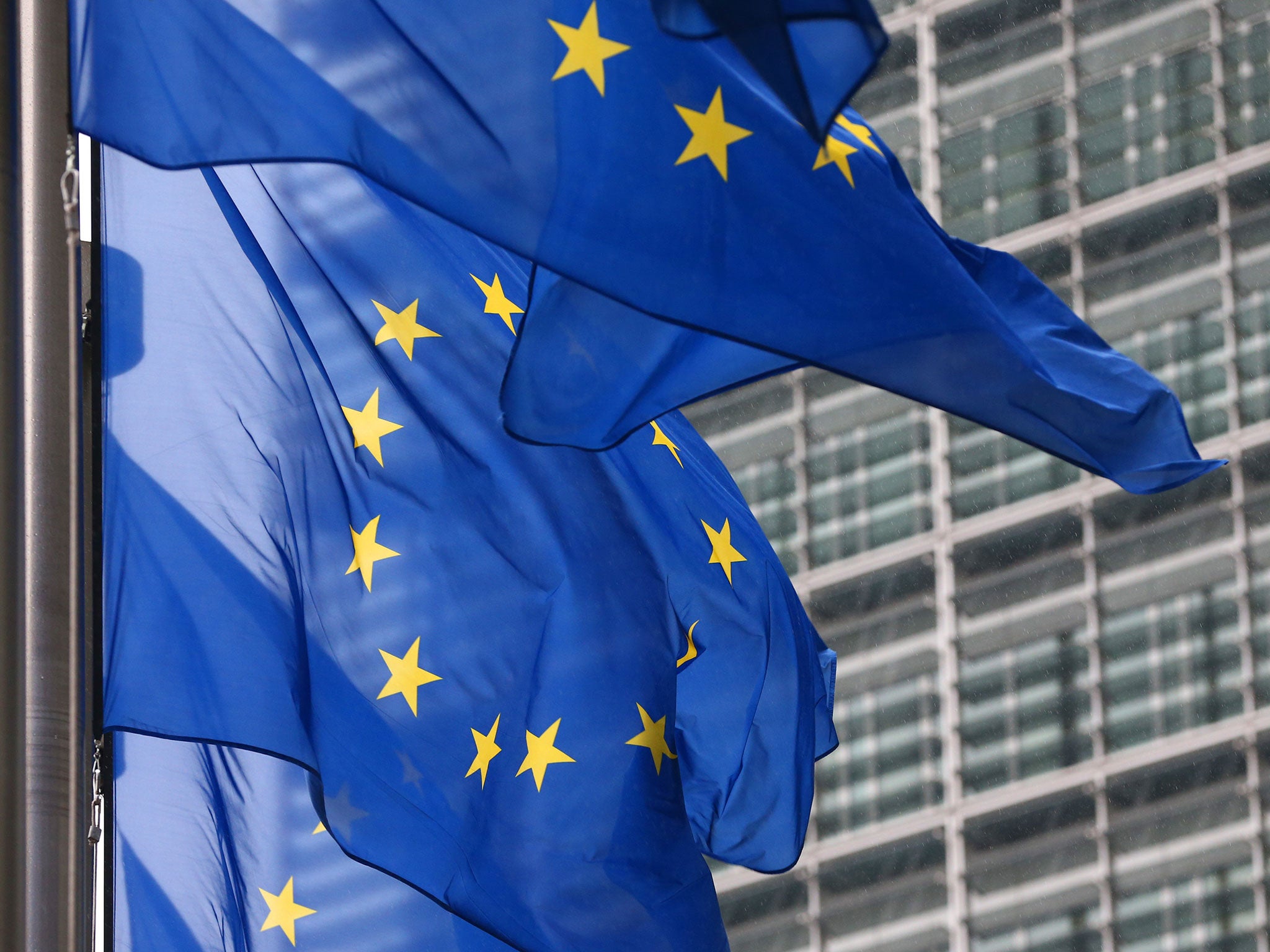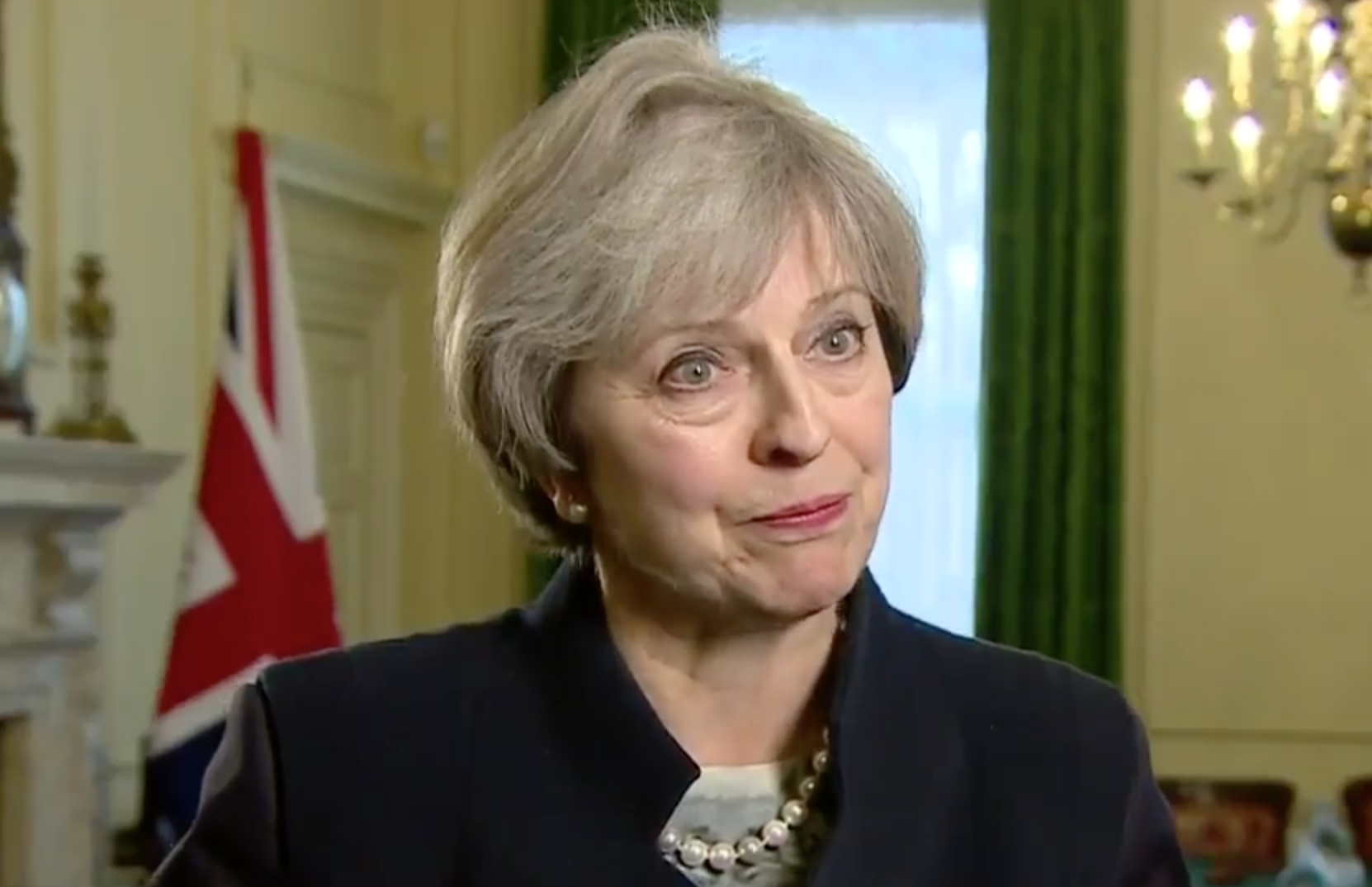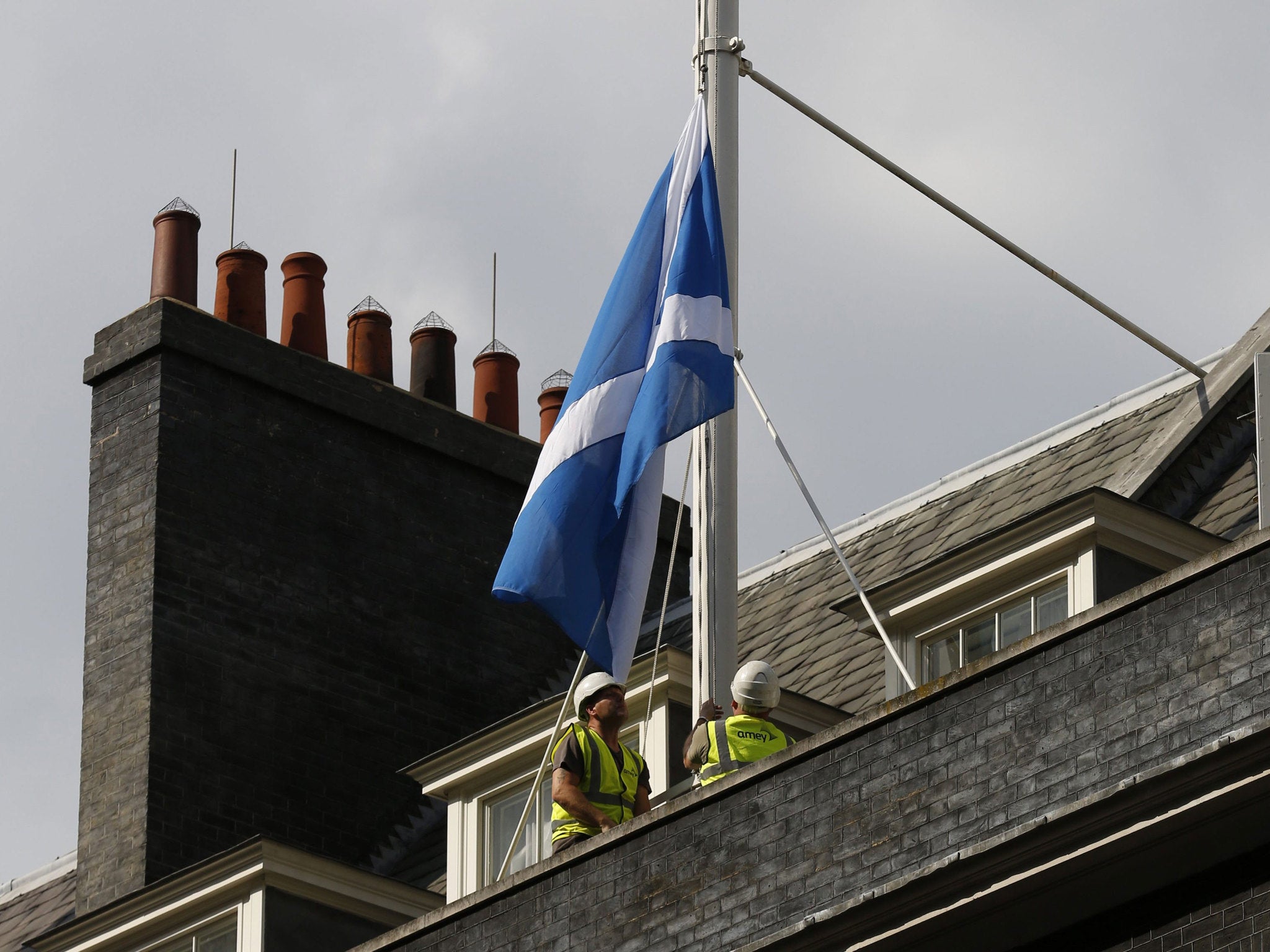Nicola Sturgeon announces plan for second Scottish referendum: What is going on?
The second Scottish independence referendum explained

Nicola Sturgeon announced her intention to hold a second Scottish independence referendum on Monday.
Here’s everything you need to know about the issue.
Why is Nicola Sturgeon calling for a second referendum?

The First Minister says things have changed since the last referendum. Though there was a vote in September 2014, since then we’ve had the Brexit vote – which Scotland voted against. Theresa May also appears to have failed to offer Scotland any concession and is proceeding with a hard Brexit.
She says Scotland should be offered a choice between independence and Theresa May’s plan.
A more cynical way of answer this question is simply to note that Ms Sturgeon is the leader of the Scottish National Party – which is driven and united by the desire to bring about Scottish independence.
Why today?

Parliament is voting to give the Government the power to trigger Article 50 – giving ministers the power to begin the Brexit process.
The Government is also telling MPs to ditch a House of Lords on giving MPs a “meaningful vote” on the final Brexit deal. The SNP’s strategy juxtaposes its referendum plan with the lack of a vote in the rest of the UK.
What happens next?

Nicola Sturgeon says she is going to call a vote in the Scottish Parliament to give her a mandate to invoke another referendum – that will happen within weeks.
After that, the First Minister will have to apply for a so-called “Section 30” provision from the UK Parliament, which still technically holds the reigns for triggering a referendum.
Will a referendum definitely happen?

Not necessarily – Nicola Sturgeon doesn’t actually have the power to unilaterally call a referendum. The UK Parliament, and in practice the party leader with a majority in the UK Parliament – Theresa May – will likely have to give her say-so.
Whether Ms May will grant such a referendum is a different matter. She absolutely does not want one and says it will be divisive. On the other hand, it would clearly be seen as undemocratic for English and Welsh MPs to block Scotland from holding a vote on its own future.
It’s likely that the PM won’t be in a rush to bring any clarity to this question.
What is Section 30 and why is it important?

Section 30 refers to Section 30 of the Scotland Act 1998, which enshrined Scottish devolution and the Scottish Parliament in law.
The Section allows for the temporary transfer of powers from the UK Parliament to the Scottish Parliament, subject to the UK Parliament’s agreement.
This was how a referendum was officially set up in 2014 and it’s expected to be how things go again.
What happens if Scotland votes to leave the UK?

This will be the meat of the referendum campaign, so we can hardly answer it all here. One relevant point, though, is that the European Union has said on Monday Scotland would have to apply to re-join the EU if it left.
Join our commenting forum
Join thought-provoking conversations, follow other Independent readers and see their replies
Comments
Bookmark popover
Removed from bookmarks